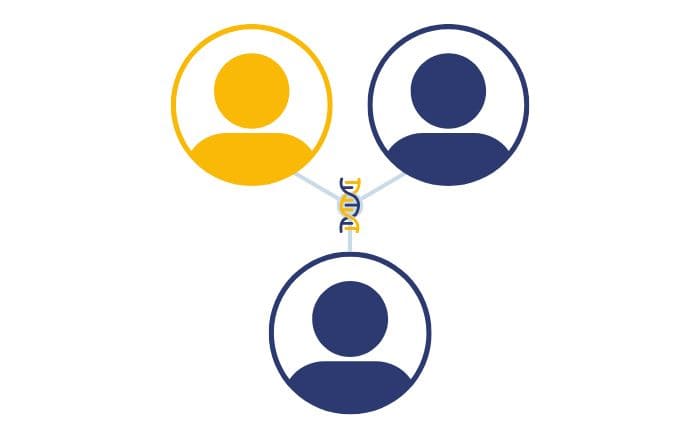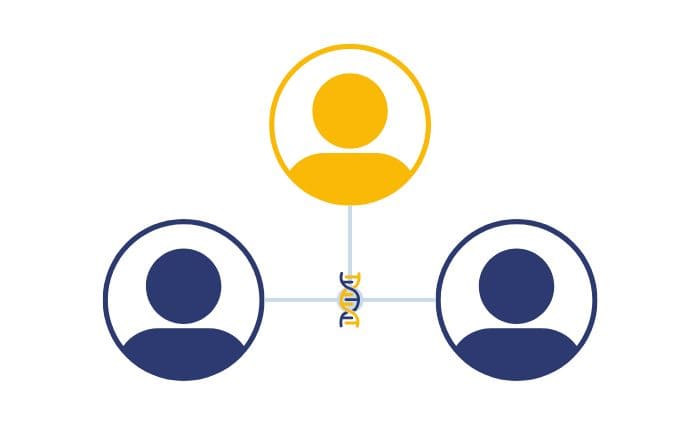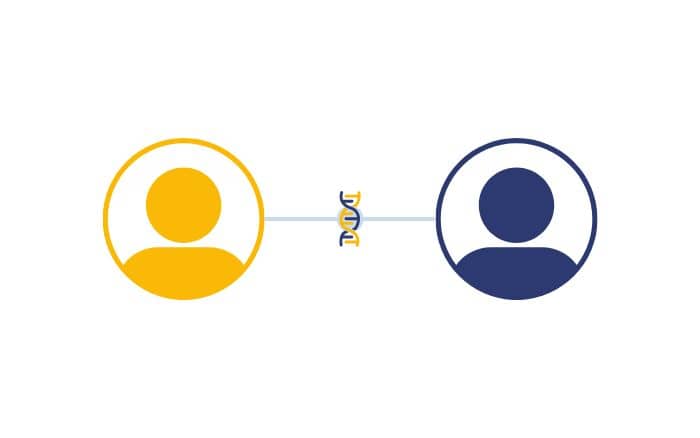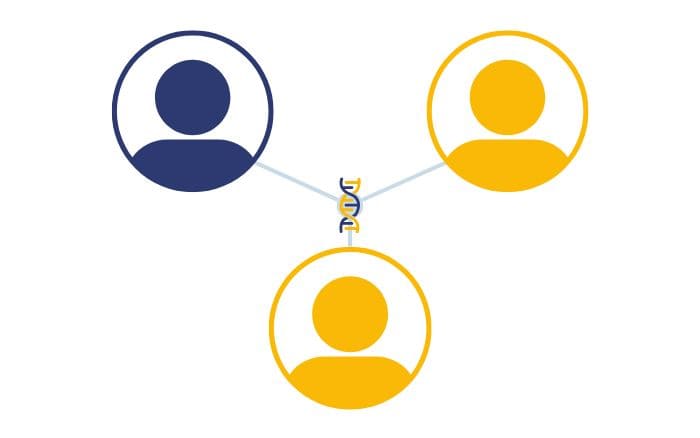All people providing a sample for a thatDNAcompany® DNA test must give their consent for the test by signing the personalised consent form provided in the sampling kit.
We will not process samples for any paternity test or other DNA test unless we have the signed (written) consent of each of the adult participants and if a child under 16 is involved, consent from a person with parental responsibility for the child (or children) taking part – for further information regarding Parental Responsibility, please see FAQ ‘What is Parental Responsibility (PR)?
In cases where the alleged father signs on behalf of the child, we always ask to see proof of parental responsibility e.g., the full birth certificate or a marriage certificate to the mother. This can be sent us to by email.
We will not process any samples without the appropriate consent and evidence of this where it is any person other than the child’s mother signing on behalf of the child. This will effect your expected results due date if we have not received this evidence before the samples arrive with us.
You should be aware that it is a serious offence, punishable by imprisonment, to personate another body for the purpose of providing a bodily sample (e.g. for a DNA test) or to put forward the wrong child for that purpose.
It is also a criminal offence to have in possession bodily material for which a DNA testing is intended, without appropriate (qualifying) consent. If the consent form has not be signed properly or appropriately, we will not proceed with the test.
An individual may withdraw their consent at any time during the testing process but not after the Test Report has been issued.
Consideration must also be given to older children e.g. 10+years and under the age of 16 years as they are likely to be able to understand the nature and possible consequences of a DNA test. We strongly recommend that the person with parental responsibility discusses the DNA test with the child and takes their views into account.








